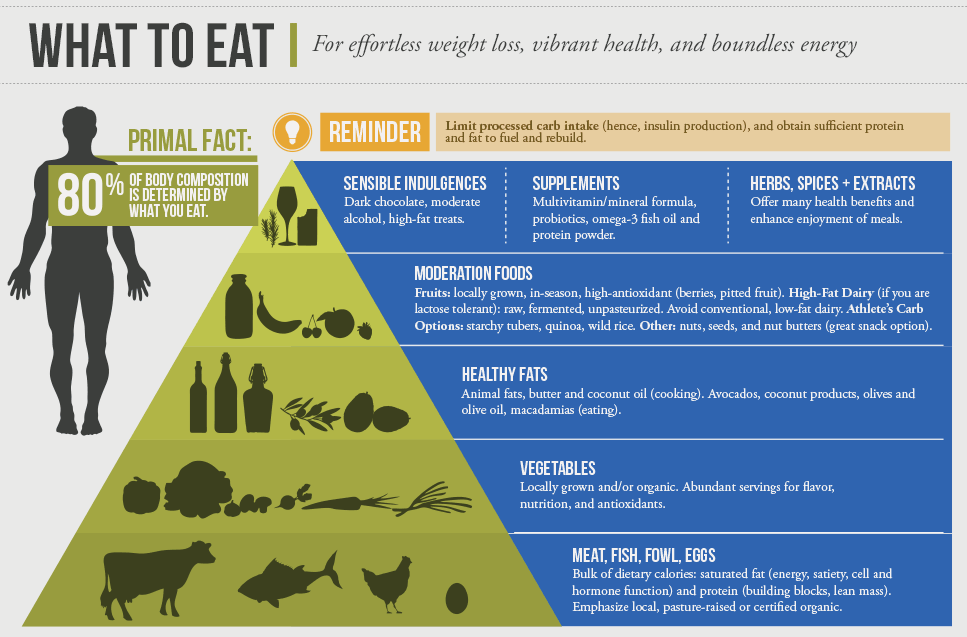Mark Sisson Cautions Against Excessive Potassium Supplementation, Advocates Food-First Approach

Health and fitness influencer Mark Sisson recently issued a cautionary statement regarding potassium intake, emphasizing the superiority of dietary sources over supplements. In a tweet, Sisson advised, "Get your potassium from food. People can easily go overboard with supplementation. There's a reason they keep the potassium capsules very low dose. Once you start dumping powder into your water, be careful.
Sisson, known for his advocacy of the Primal and ketogenic lifestyles, consistently promotes obtaining essential nutrients primarily through whole foods. While acknowledging that certain individuals, such as those on ketogenic diets or endurance athletes, may require electrolyte supplementation, he stresses the importance of moderation and medical consultation. His remarks underscore a common concern among health professionals regarding the potential dangers of high-dose potassium supplements.
Potassium is a vital mineral crucial for maintaining fluid balance, nerve signals, and muscle contractions. The recommended daily intake for adults is typically around 3,500-4,700 mg, an amount generally achievable through a diet rich in fruits, vegetables, and lean proteins. Good sources include bananas, avocados, spinach, and sweet potatoes.
However, excessive potassium intake, particularly from supplements, can lead to hyperkalemia, a condition characterized by abnormally high potassium levels in the blood. Symptoms can range from muscle weakness and fatigue to more severe issues like irregular heartbeats and cardiac arrest. The Food and Drug Administration (FDA) regulates potassium supplements, limiting over-the-counter capsules to a maximum of 99 mg per dose due to these potential risks.
Sisson's warning highlights the need for careful consideration when using potassium powders, which often contain significantly higher doses than regulated capsules. Individuals with kidney issues are particularly vulnerable to hyperkalemia, as their kidneys may struggle to excrete excess potassium. Consulting a healthcare provider before starting any high-dose supplement regimen is essential to ensure safety and appropriateness.